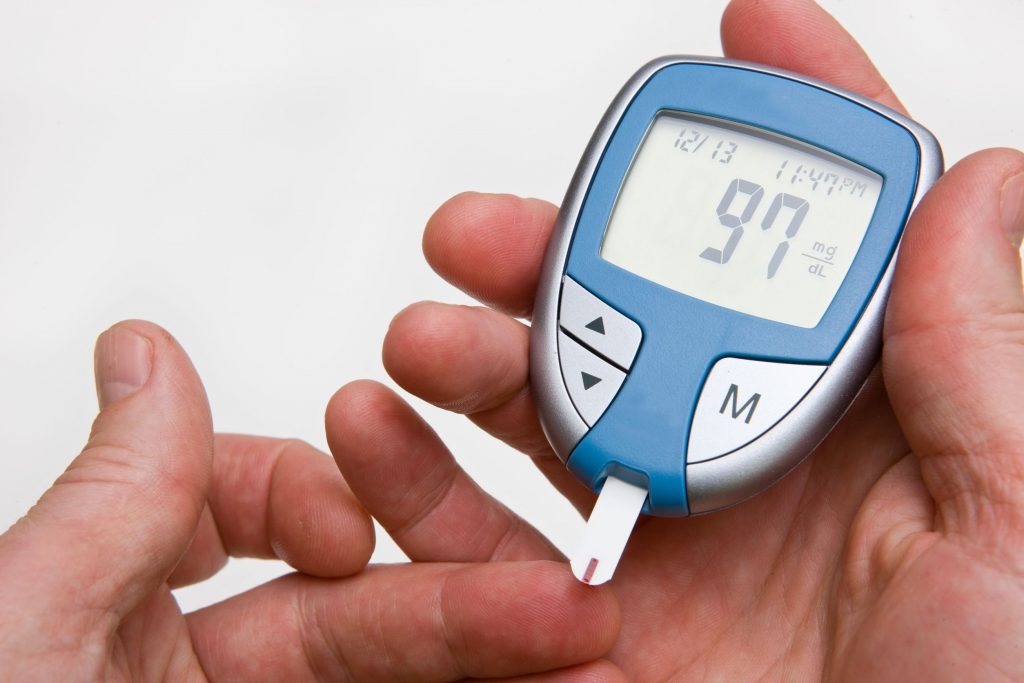
Eye complications are common in people who suffer from diabetes. This is because of the high blood sugar levels as well as high blood pressure suffered by diabetic patients.
It is therefore important to have regular eye exams if you suffer from diabetes. This will ensure that the complications are identified early and your doctor is able to treat them.
Some of the possible eye problems diabetes patients can develop include:
Glaucoma
Patients with diabetes often have high blood pressure. This prevents proper fluid drainage from different organs in the body including the eye. When fluid continues to build up within the eye, it damages the blood vessels as well as the nerves. This results to changes in vision. It can also result in the gradual loss of vision.
There are treatments for glaucoma. It can be diagnosed by most ophthalmologists during a routine eye exam.
Diabetic retinopathy
The retina is responsible for turning light into images. It is the group of cells that receive light that enters the eye and is refocused by the lens. The retina is supplied by small blood vessels. These vessels can be damaged as a result of high blood sugar levels. This in turn results in damage of the retina and the development of diabetic retinopathy.
The condition can lead to eventual blindness. It can also result in retinal detachment, which can only be corrected by surgery.
Diabetic retinopathy is one of the most important reasons why diabetics should schedule regular eye exams. If it is caught early it can be managed. However, the best thing you can do is maintain consistent blood sugar levels
Blurred vision
One of the first reactions people have when they notice they have blurry vision is to purchase glasses. However, the cause for blurry vision when you have diabetes could run much deeper. High blood sugar levels can cause the lens of the eye to swell up and interfere with your vision. If you are diabetic and notice that you have blurry vision, please see your eye doctor right away.
Cataracts
The lens is vital for focusing light entering the eye. It is responsible for ensuring that a clear image is formed. Cataracts result when proteins in the lens of the eye degenerate and clump together. They form cloudy masses that interfere with vision.
Although cataracts is normally an age related condition, people with diabetes can develop cataracts much earlier in life. Cataracts result in impaired vision and eventually cause complete loss of sight. Cataract surgery will be required to deal with the problem. The lenses with cataracts are removed and replaced with artificial ones.
Diabetic keratopathy
The cornea is the thin layer that protects your eyes from the elements of the environment including dust. It also controls and focuses light entering the eye. Diabetic keratopathy is a condition in which the nerves of the cornea are damaged. The condition results in corneal ulcers, dryness and infection.
The bottom line with all of these conditions is that if you have diabetes, you should schedule regular eye exams to identify any potential concerns early before it becomes a major problem for you. Find an ophthalmologist in your area today.
